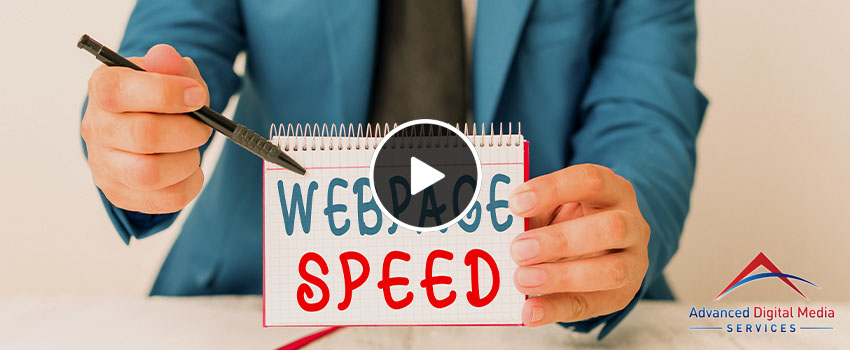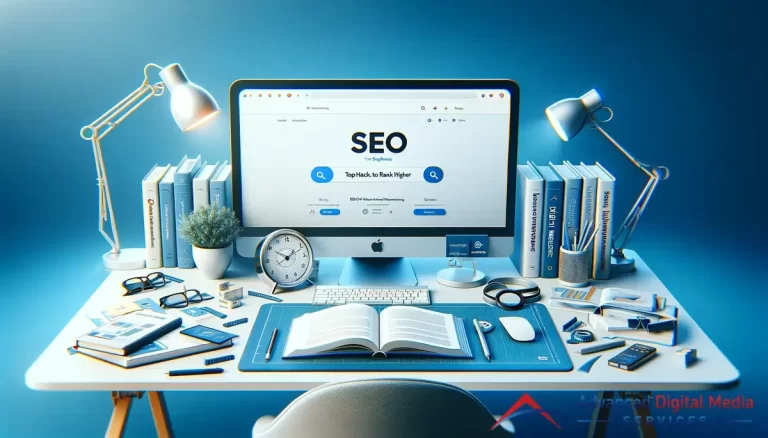Page speed is crucial for any online business. Google uses the website load time as one of its key factors for ranking. Also, people’s attention spans have dropped from 12 to 8 seconds in the past two decades. Customers just hate slow loading websites! You must include its optimization in your digital marketing strategies if you want to show in the search engine result page.
With all of these points in mind, remember and use the following tips to ensure your page runs smoothly and in no time.
1. Allow Browser Caching
This is perhaps one of the most common hacks that can improve your website load time. When a potential client visits your page for the first time, the main components of the website are saved in temporary storage or a hard drive. That means their browser can easily access your page without the need to send the server another HTTP request. They can automatically open it the next time they click on your page.
You can use services like WordPress-powered W3 Total Cache to allow browser caching for your web page.
2. Remove Unnecessary Plugins
Plugins are meant to improve a specific functionality of your website, which could include adding extra information, changing visual elements, and more. However, plugins can slow down your website.
The key is to keep the high-quality plugins your website really needs and remove the unnecessary ones.
3. Improve Your CSS Code
Previously, an ideal web page size was only 30KB. That already includes codes, content, images, and other graphics. The popularity of CSS script grew because it enhanced web user experience, but unfortunately, it has its disadvantages. The more CSS files you have on your page, the more HTTP requests are needed. This slows down your page speed.
To improve your CSS code, you should:
Make them as short as possible by using fewer declarations and number of operators. Fewer lines of the script mean fewer processing cycles and faster page speed.
Be sure your CMS has already improved your CSS. If not, use an external tool like CSS Minifier to minimize the resource files.
Try not to use CSS in HTML like H1 tags.
4. Limit Your 301 Redirects
Modifying the structure of your web page is unavoidable. This means your page URLs are also being changed frequently. However, since you do not want to confuse your viewers with different URLs or affect the ranking of your popular pages, you redirect your clicks from an old URL to a new one.
Unfortunately, this solution can decrease your page load speed because the process creates links in a chain that your browser must pass through to land on the new URL.
5. Reduce Image Sizes
Everybody loves images! Evidence suggests that the human brain can process visuals 60,000 times faster than texts, and when it comes to websites, no one likes to waste time on one that is drab and full of chunks of text.
Any competent website has a fair share of visual content, from pictures to videos. Unfortunately, despite the positives, they can increase the loading time of a website.
The hack to deal with this problem is to rescale the images. This is different from cropping. Resize the photos and compress them. There are several photo editors you can use to compress pictures without compromising their quality. Check Canva and Adobe Photoshop. Some offer free trials!
6. Use Third-Party Hosting
Again, if your page has large files containing images and videos, the page speed will significantly decrease. Furthermore, the load time increases if you are using a shared server to host the files.
To resolve this problem, share your video files on external hosting platforms like Vimeo or YouTube. The video can be embedded on the website with a simple code, thus improving your website load time considerably. If you are using WordPress, consider premium hosting!
7. Compression and Caching
Websites have a page loading time of approximately 8-11 seconds. That may be a small number, but not all website visitors want to wait for more than 3 seconds for a page to open.
That is where compressing all the static contents of the website comes in handy. Compression is more of a server setting, but if it is not an option, use file formats and other applications to identify strings of the same code in the text files.
Most hosting platforms offer multi-tier caching in their packages. Talk to your web hosting provider for options.
We at Advanced Digital Media Services can help improve your page speed and make a good first impression on potential clients. See our SEO or web hosting services and chat with one of our representatives to get the best quote. Fill out the form below to get started.





